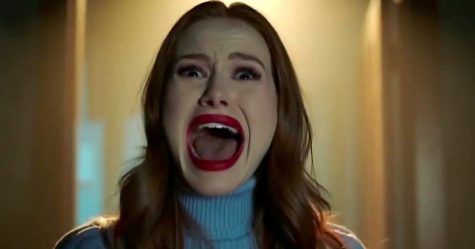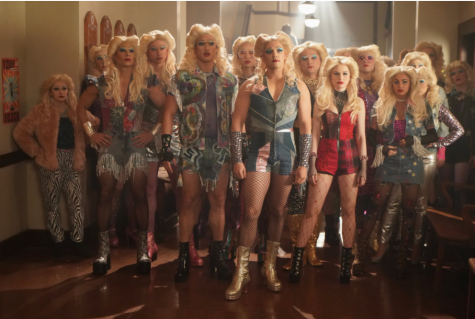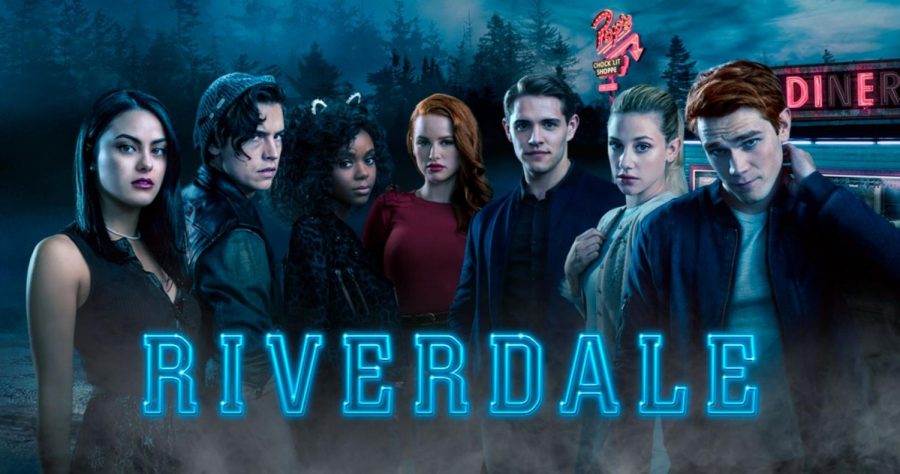How “Riverdale” Drowns Common Sense
Cringeworthy scenes, unrealistic casting, and a poorly written script, Riverdale is everything you do not want in a show. Count us out!
There’s a one in fifty chance of getting into Harvard. There’s a one in 2.1 million chance of getting mauled by a bear—thankfully. The chances that CW sensation Riverdale will ever make sense are basically nonexistent. Any teenager who’s even heard of Riverdale will agree on one thing: The teenagers in the show don’t behave like normal teenagers. So what makes Riverdale, a “teen” drama, so alienating to its supposed audience?
Riverdale is a long-running show produced by the CW channel. With a whopping five seasons (with a sixth on the way), one would assume this show must be a well-crafted phenomenon of modern television.

Right?
Well, no. Riverdale famously sparks controversy for its strange and often insensitively handled topics.
A common criticism for Riverdale presents itself in casting much older people to play teenage leads. I myself have no problem with this; fame is difficult as an adult, more so for the common teenager who would need to balance school on top of stardom. There are times when adults playing teenagers even work magnificently—Michael J. Fox played teenage Marty McFly to perfection in Back to the Future when he was 24, the same age Florence Pugh was when she played 12 year old Amy March in Little Women. If these great actors could achieve the illusion of youth, why can’t the equally talented cast of Riverdale perform the same? Mainly, it’s the script.

However, aside from the script, characters are often put into unrealistically dangerous situations for teenagers. No teenager could dream of opening a secret night bar without some legal repercussions. (I hope) none of us have been attacked by bears. Riverdale pitches itself as a show with realistic characters in increasingly outlandish circumstances. Murder, cults, snuff films, aliens(?); you name it, Riverdale probably has it. However, as these plot points progress, the writers make absolutely no effort to remind the audience that these are literal teenagers witnessing a murder scene in the middle of their horrendous school play (seriously, Mitty Performing Arts would never let those atrocious musical episodes happen).
In this way, Riverdale forces its characters to grow up too quickly when they’re supposed to be sixteen. These topics are not even handled well. Mental illness—and other heavy topics at that—are rampant among teenagers, but Riverdale cannot comprehend that real issues are not just plot points for its insane story. Take Betty Cooper, one of our leading ladies, as an example. Her mental illness arc includes…creating a sexually suggestive version of herself called Dark Betty due to her so-called dissociative identity disorder. Yikes.
To wrap up this tragedy of a teen drama, Riverdale tries to provide an insight on how harsh society is to our teens; however, this messy teenage nightmare comes off more as a false “woke” performance rather than anything meaningful. Teenagers want representation, not…whatever Riverdale thinks teens are. While the show has (rare) redeeming moments, its sexualization and cynicism toward its teen characters make for a superficially-charged teen impersonation that hardly anyone could call relatable.


